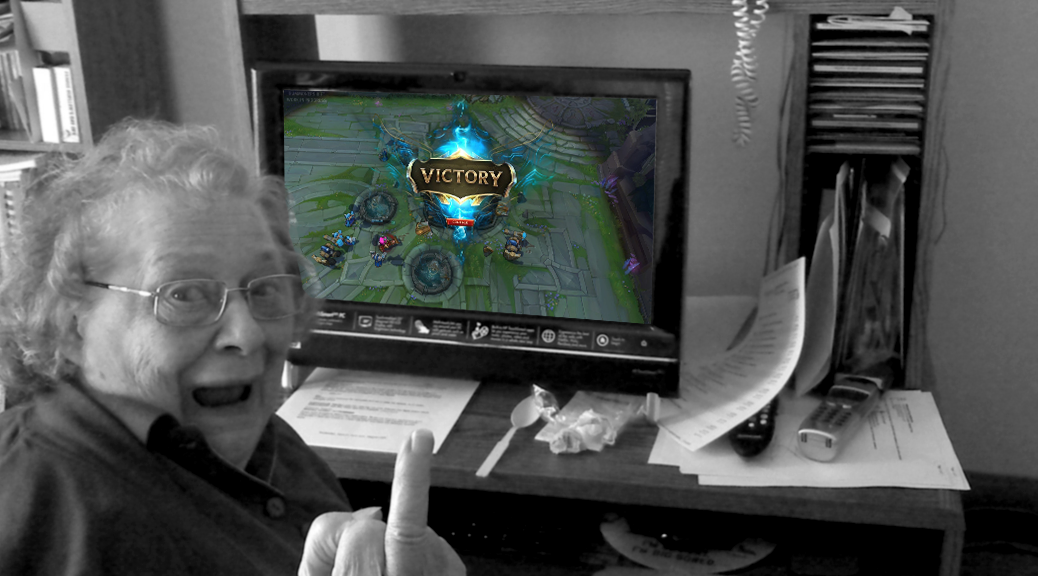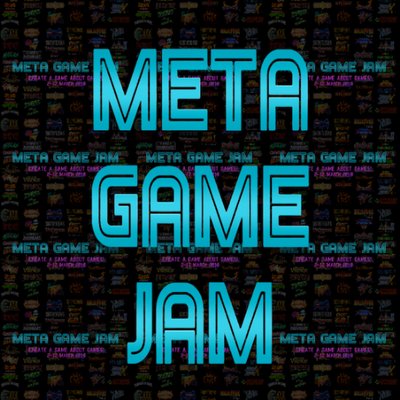


In some games, such as Heroes of the Storm, each battleground has a different metagame.

Some examples of this kind of environment are tournament scenes for tabletop or computer collectible card games like Magic: The Gathering, Gwent: The Witcher Card Game or Hearthstone, tabletop war-gaming such as Warhammer 40,000 and Flames of War, or team-based multiplayer online games such as Star Conflict, Dota 2, League of Legends, and Team Fortress 2. This usage is particularly common in games that have large, organized play systems or tournament circuits. The opposite metagame of playing a relatively unknown strategy for surprisal is often called off-meta. Those may evolve as updates are released or new, better, strategies are discovered by top players. As a result, the extent of metagaming narrows down mostly to studying strategies of top-players and exploiting commonly-used strategies for an advantage. In the world of competitive games, rule inprecisions and non-goal oriented play are not commonplace. : 8 They go on to describe that metagaming "results from the entanglement of philosophical concepts, the craft of game design, and the cultures of play that surrounds videogames." : 21 Competitive gaming : 14 Stephanie Boluk and Patrick Lemieux extend and refine Garfield's term to apply to potentially all forms of play and gaming, arguing that metagames are often more important than video games themselves. In a 2000 talk at the Game Developers Conference, Garfield expanded on this, defining metagame as "how a game interfaces beyond itself", and asserted that this can include "what you bring to a game, what you take away from a game, what happens between games, what happens during a game". The concept gained traction in game design in a column written in 1995 by Richard Garfield, the creator of Magic: The Gathering, for The Duelist. In casual gaming, the metagame generally refers to any meaningful interaction between players and elements not directly part of the game. In 1967, the word appeared in a study by Russell Lincoln Ackoff and in the Bulletin of the Operations Research Society of America.

It is alternately claimed that the first known use of the term was in Nigel Howard's book Paradoxes of Rationality: Theory of Metagames and Political Behavior published in 1971, where Howard used the term in his analysis of the Cold War political landscape using a variation of the Prisoner's Dilemma., : 10 however Howard used the term in Metagame Analysis in Political Problems published in 1966. It was used the context of playing zero-sum games in a publication by the Mental Health Research Institute in 1956. The word metagame is composed of the Greek-derived prefix meta– (from μετά, meta, meaning "beyond") and the noun game. In tabletop role-playing game, metagaming has been used to describe players discussing the game, sometimes simply rules discussions, other times causing the characters they control to act in ways they normal wouldn't within the story. In competitive games, the metagame can refer to the most popular strategy, often called a game's meta, or preparation for a match in general. A metagame can serve a broad range of purposes, tied to the way a game relates to various aspects of life. ( Learn how and when to remove this template message)Ī metagame is a game about a game, or an approach to playing a game. JSTOR ( June 2013) ( Learn how and when to remove this template message).Unsourced material may be challenged and removed. Please help improve this article by adding citations to reliable sources. This article needs additional citations for verification.


 0 kommentar(er)
0 kommentar(er)
